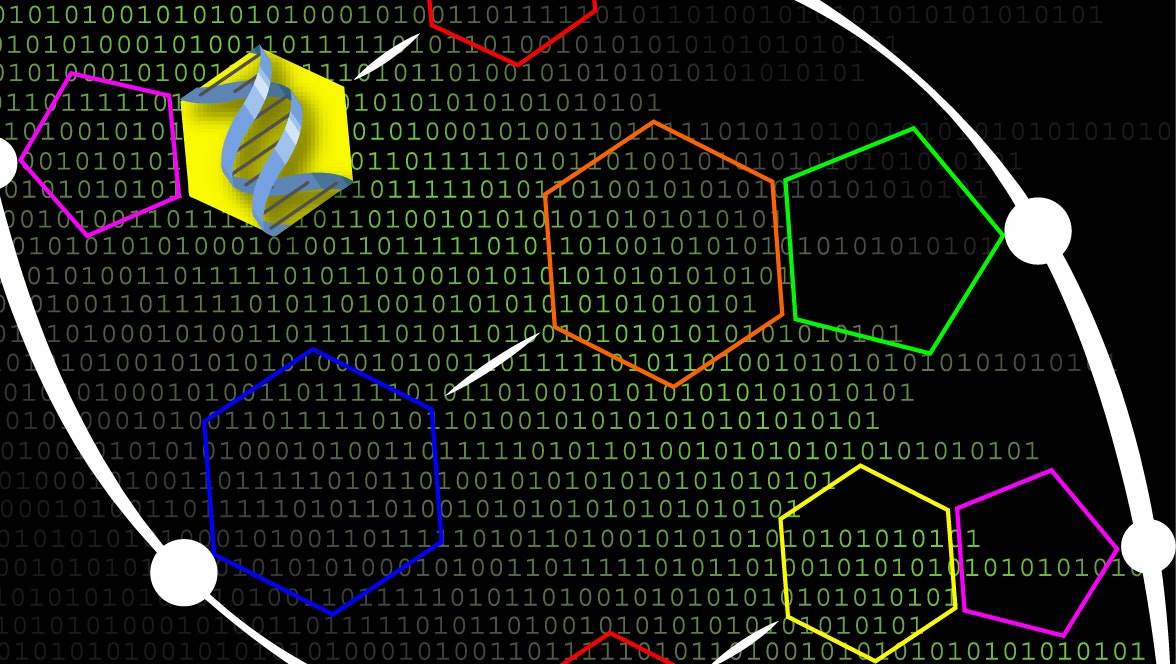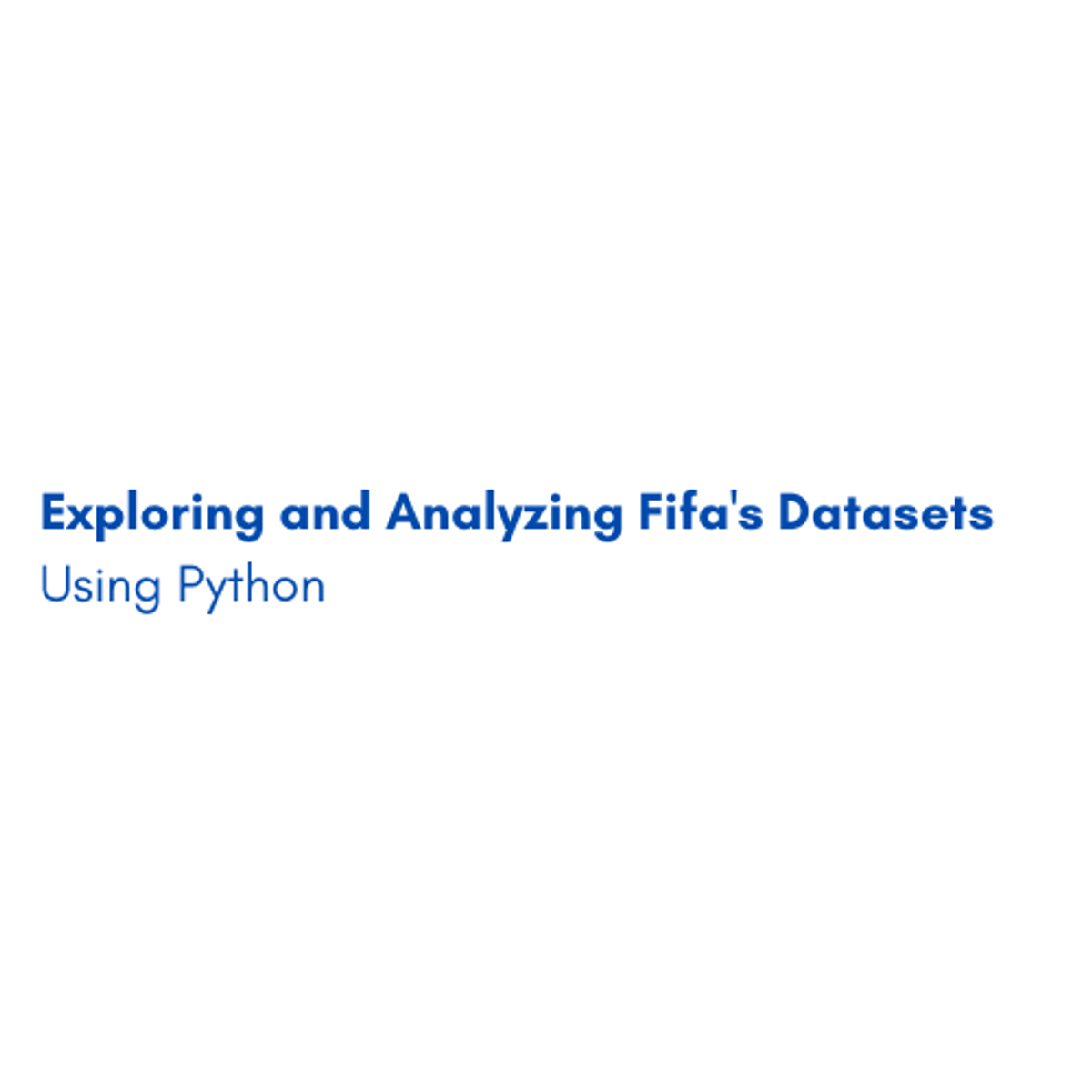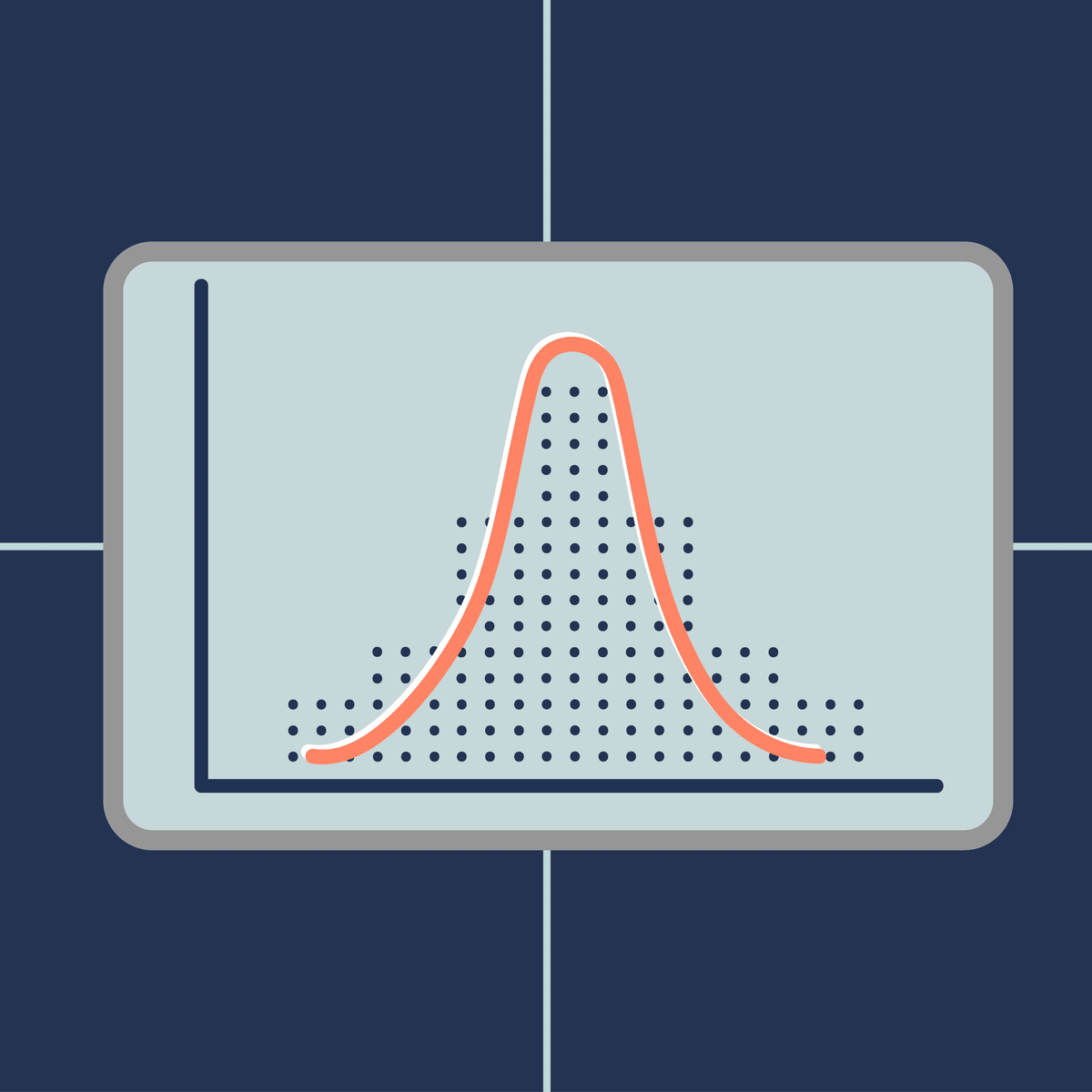Back to Courses









Data Analysis Courses - Page 92
Showing results 911-920 of 998

Advanced Clinical Data Science
This course prepares you to deal with advanced clinical data science topics and techniques including temporal and research quality analysis.

Cervical Cancer Risk Prediction Using Machine Learning
In this hands-on project, we will build and train an XG-Boost classifier to predict whether a person has a risk of having cervical cancer. Cervical cancer kills about 4,000 women in the U.S. and about 300,000 women worldwide.
Data has been obtained from 858 patients and include features such as number of pregnancies, smoking habits, Sexually Transmitted Disease (STD), demographics, and historic medical records.

Introduction to Genomic Technologies
This course introduces you to the basic biology of modern genomics and the experimental tools that we use to measure it. We'll introduce the Central Dogma of Molecular Biology and cover how next-generation sequencing can be used to measure DNA, RNA, and epigenetic patterns. You'll also get an introduction to the key concepts in computing and data science that you'll need to understand how data from next-generation sequencing experiments are generated and analyzed.
This is the first course in the Genomic Data Science Specialization.

Exploring and Preparing your Data with BigQuery
In this course, we see what the common challenges faced by data analysts are and how to solve them with the big data tools on Google Cloud. You’ll pick up some SQL along the way and become very familiar with using BigQuery and Dataprep to analyze and transform your datasets.
This is the first course of the From Data to Insights with Google Cloud series. After completing this course, enroll in the Creating New BigQuery Datasets and Visualizing Insights course.

Exploring and Analyzing Fifa's Datasets Using Python
In this 1-hour long project-based course, you will learn how to load a dataset into a pandas dataframe, you will learn how to tidy a messy dataset (Data Tidying), you will get to also visualize the dataset using Matplotlib and seaborn, you will learn how to engineer new features, you will also get to learn how to merge datasets (Data Integration)
By the end of this project, you will be able to fully analyze a FIFA dataset using python’s Pandas library. Throughout the tasks you will be able to identify and apply the key aspects about data analysis such as Data Cleaning, Data transformation, Data Visualization , Data tidying and feature engineering.
All these skills are crucial to the world of data engineering and are very beneficial in today’s job market that is leaning more and more towards utilizing data in every way
Note: This course works best for learners who are based in the North America region. We’re currently working on providing the same experience in other regions.

Regression Modeling in Practice
This course focuses on one of the most important tools in your data analysis arsenal: regression analysis. Using either SAS or Python, you will begin with linear regression and then learn how to adapt when two variables do not present a clear linear relationship. You will examine multiple predictors of your outcome and be able to identify confounding variables, which can tell a more compelling story about your results. You will learn the assumptions underlying regression analysis, how to interpret regression coefficients, and how to use regression diagnostic plots and other tools to evaluate the quality of your regression model. Throughout the course, you will share with others the regression models you have developed and the stories they tell you.

Calculus through Data & Modeling: Limits & Derivatives
This first course on concepts of single variable calculus will introduce the notions of limits of a function to define the derivative of a function. In mathematics, the derivative measures the sensitivity to change of the function. For example, the derivative of the position of a moving object with respect to time is the object's velocity: this measures how quickly the position of the object changes when time advances. This fundamental notion will be applied through the modelling and analysis of data.

Prisma Cloud: Protect your Cloud Instance with Host Defender
This is a self-paced lab that takes place in the Google Cloud console.
Host Defender is deployed to each Compute Engine instance to secure the cloud workload. The Host Defender protects your environment according to the security policies configured in the Prisma Cloud Console.

SQL Mathematical Functions
Welcome to this project-based course, SQL Mathematical Functions. In this project, you will learn how to use SQL Mathematical Functions to manipulate tables in a database.
By the end of this 2-hour-long project, you will be able to use different Mathematical Functions to retrieve the desired result from a database. In this project, you will learn how to use SQL Mathematical Functions like CEIL(), FLOOR(), RANDOM(), SETSEED(), ROUND(), TRUNC(), SQRT(), CBRT(), and POWER() to manipulate data in the employees database. In this project, we will move systematically by first introducing the functions using a simple example. Then, we will write slightly complex queries using the Mathematical Functions in real-life applications.
Also, for this hands-on project, we will use PostgreSQL as our preferred database management system (DBMS). Therefore, to complete this project, it is required that you have prior experience with using PostgreSQL. Similarly, this project is an intermediate SQL concept; so, a good foundation for writing SQL queries is vital to complete this project.
If you are not familiar with writing queries in SQL and want to learn these concepts, start with my previous guided projects titled “Querying Databases using SQL SELECT statement," and “Performing Data Aggregation using SQL Aggregate Functions.” I taught these guided projects using PostgreSQL. So, taking these projects will give the needed requisite to complete this SQL Mathematical Functions project. However, if you are comfortable writing queries in PostgreSQL, please join me on this wonderful ride! Let’s get our hands dirty!

Bayesian Statistics: Capstone Project
This is the capstone project for UC Santa Cruz's Bayesian Statistics Specialization. It is an opportunity for you to demonstrate a wide range of skills and knowledge in Bayesian statistics and to apply what you know to real-world data. You will review essential concepts in Bayesian statistics with lecture videos and quizzes, and you will perform a complex data analysis and compose a report on your methods and results.
Popular Internships and Jobs by Categories
Browse
© 2024 BoostGrad | All rights reserved


